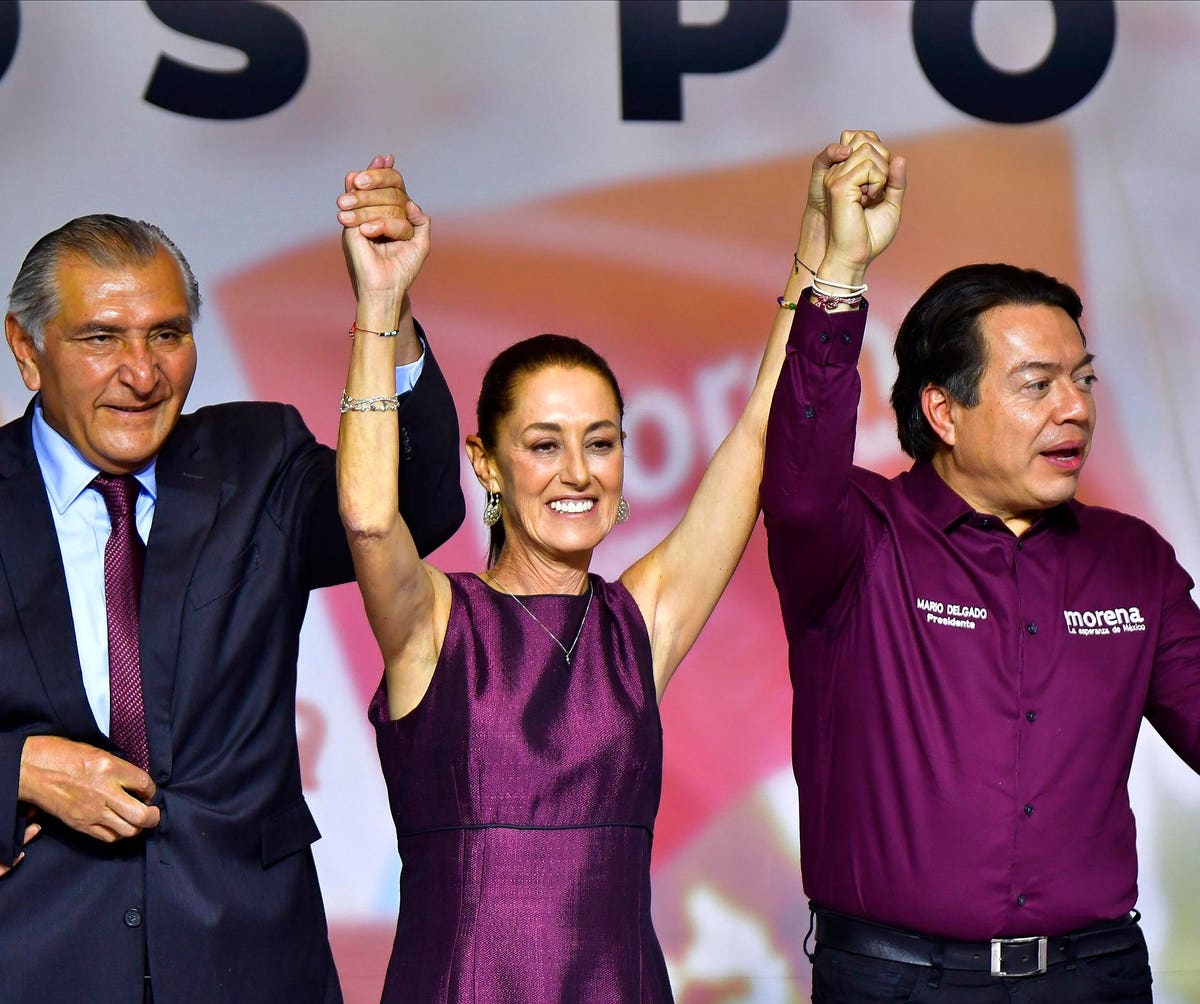Mexico’s top two political parties selected female presidential nominees, virtually ensuring that the nation’s next leader will be a woman. It will be a historic first for the country, which has established itself as a global leader in promoting gender equality in government.
Mexico’s ruling party selected Claudia Sheinbaum as its candidate. Sheinbaum served as the Mayor of Mexico City and is a protégé of Mexico’s current president, Andrés Manuel López Obrador. In the June 2, 2024 election, she will face off against the opposition candidate, engineer and tech entrepreneur Xóchitl Gálvez. Although other candidates will appear on the ballot, the victor is expected to be either Sheinbaum or Gálvez.
The rise of women in political power in Mexico can be attributed to years of increasingly stringent quotas for women in government positions. These efforts culminated in a bold 2019 constitutional reform called “gender parity in everything.” This legislation required that political parties put forward equal numbers of male and female candidates for congressional seats, governorships, municipal government positions and even the Supreme Court.
As a result of the legislation, Mexico has become a trailblazer in gender equity in politics. “I think they really have positioned themselves as a global leader on this issue,” says Jennifer Piscopo, a professor of gender and politics at the Royal Holloway University of London. “In Latin America, Bolivia and Ecuador have similar constitutional and electoral statutes in place that would allow them to do what Mexico is doing, but they haven’t had the strong implementation that Mexico has,” she adds.
It all started in 1996 when Mexican lawmakers recommended that women make up 30% of all congressional candidates. In 2002, this recommendation became law, and by 2008, the quota was raised to 40% female representation. In 2014, the percentage was increased once more to 50%. The 2019 “gender parity in everything” constitution reform expanded the 50% quota to include the executive, legislative and judicial branches.
These quotas have been a game-changer in transforming women’s access to political power in Mexico. Female congressional representation climbed from 15% in 1994 to 50% in 2023, and many states now have female governors for the first time. The 11-justice Supreme Court now includes four women and a female chief justice. In total, Mexico ranks fourth when it comes to female representation in parliaments throughout the world.
By comparison, the United States is not close to achieving gender parity and occupies the 70th position in rankings of female representation in national parliaments. In the U.S., only 25% of senators and 28.8% of representatives are women. Unfortunately, implementing a quota like their southern neighbors would be difficult. In the U.S., political candidates select their party without party control, which makes it nearly impossible to restrict political parties’ nominees with quotas.
Although the U.S. political system makes implementing the quota systems challenging, there are still avenues for getting more women involved in politics. For example, Piscopo says that the parties can still recruit more women. “They [parties] play an important role in support, choosing which candidates they’re going to finance and choosing which candidates they’re going to campaign for,” she says. This process could evolve to cultivate a more diverse set of candidates.
In addition, the U.S. Federal Electoral Commission implemented a change allowing candidates to use campaign donations to fund childcare costs that result from time spent running for office. “Things like that are huge for women,” Piscopo explains.
As for the upcoming presidential election in Mexico, candidate Gálvez believes ovaries are what’s needed to fight the organized crime and drug cartels that contribute to the violence in the country. “Enough already! Ovaries are needed to punish those who break the law,” Gálvez wrote on Instagram. Time will tell if ovaries hold the solution to Mexico’s problems.
Read the full article here





